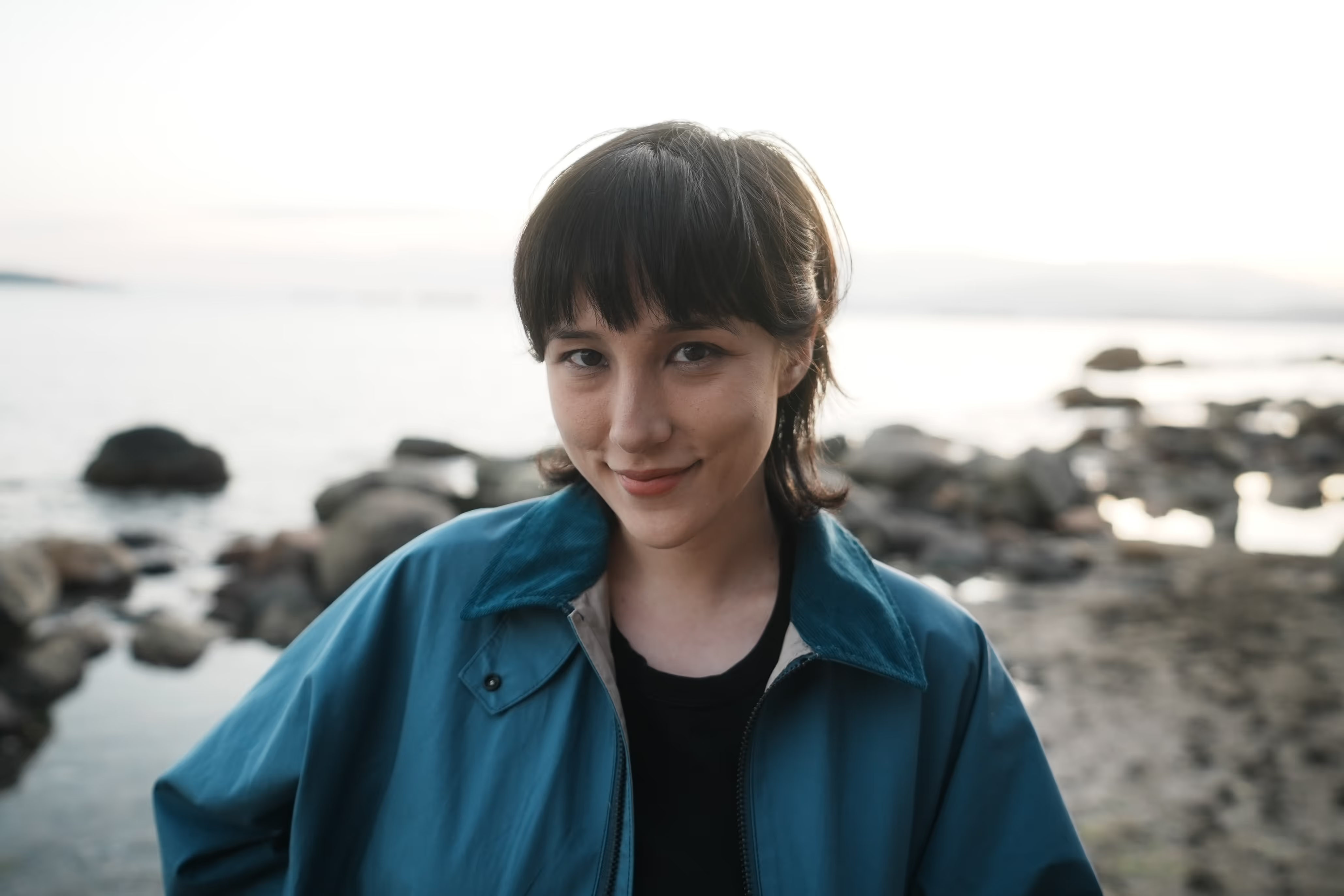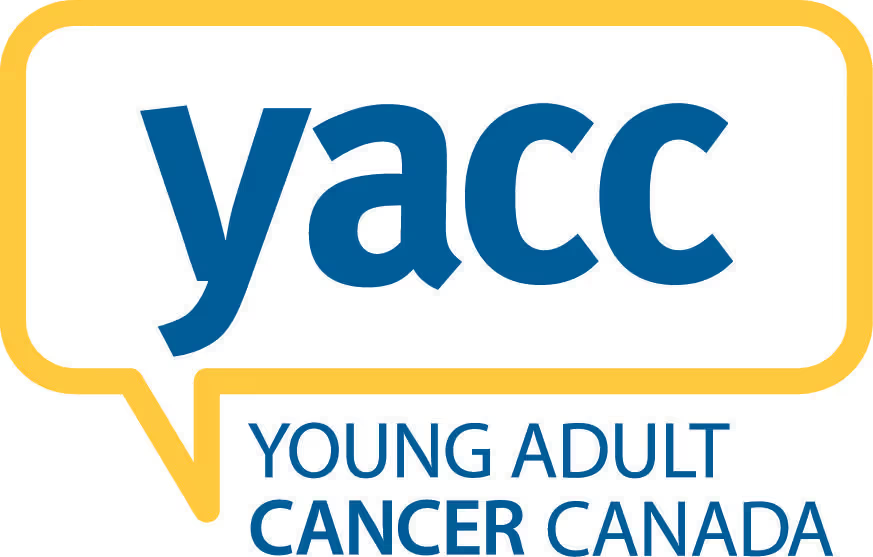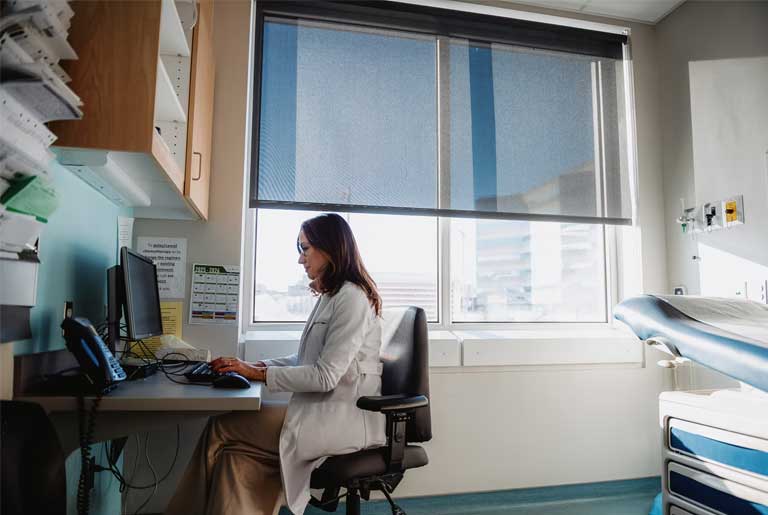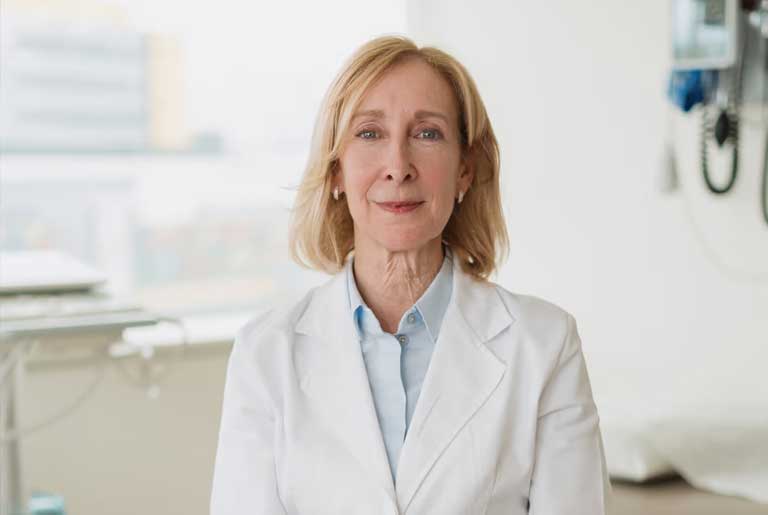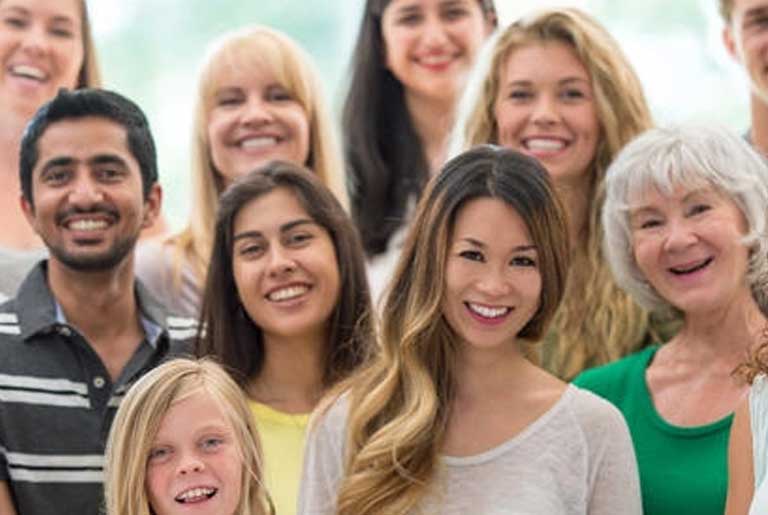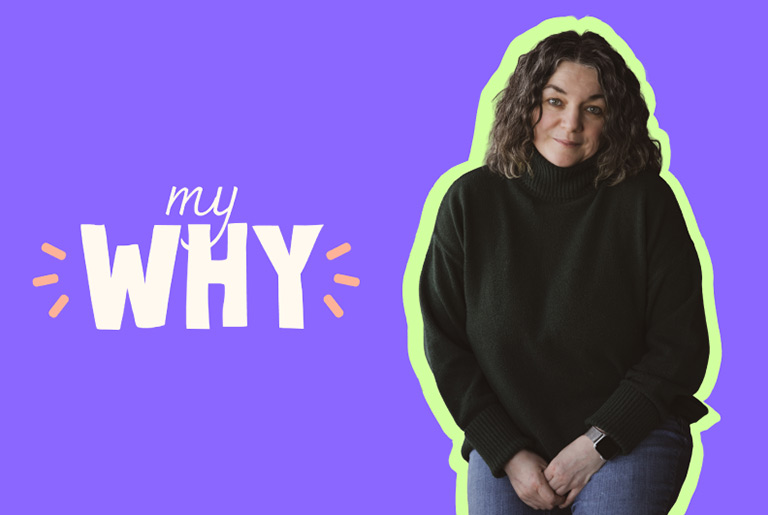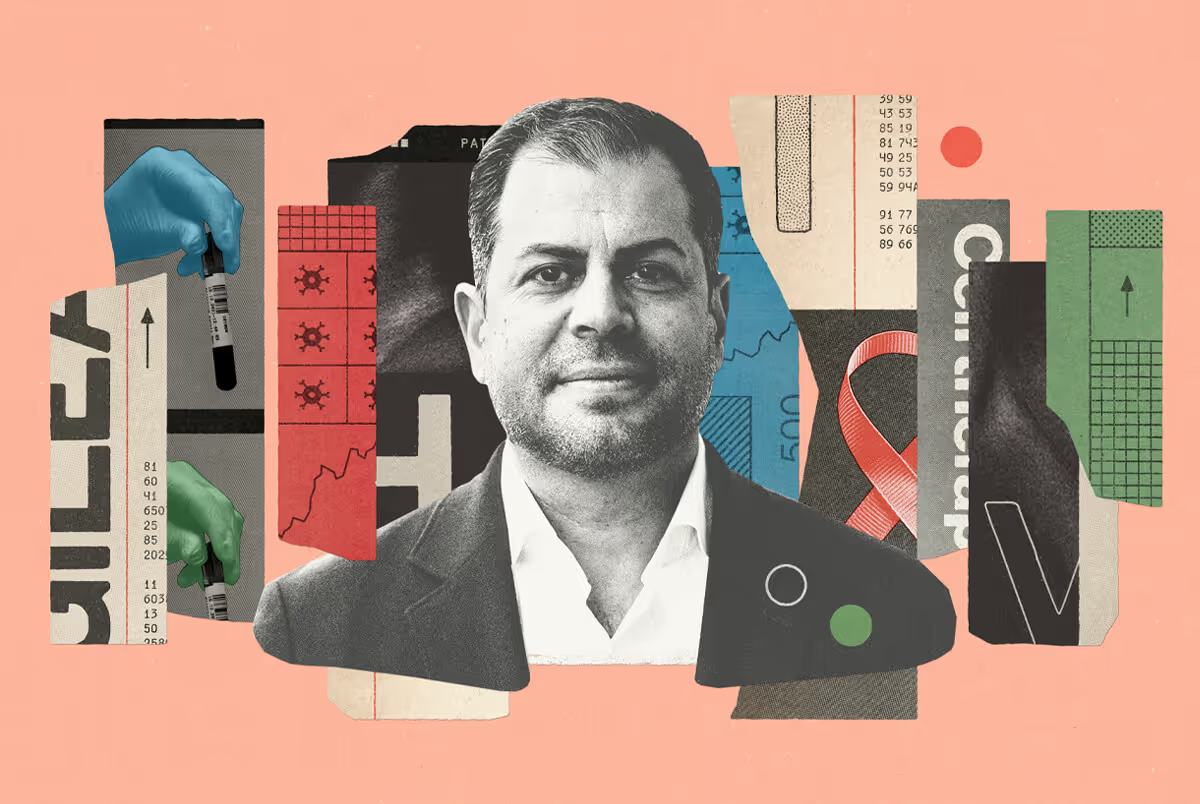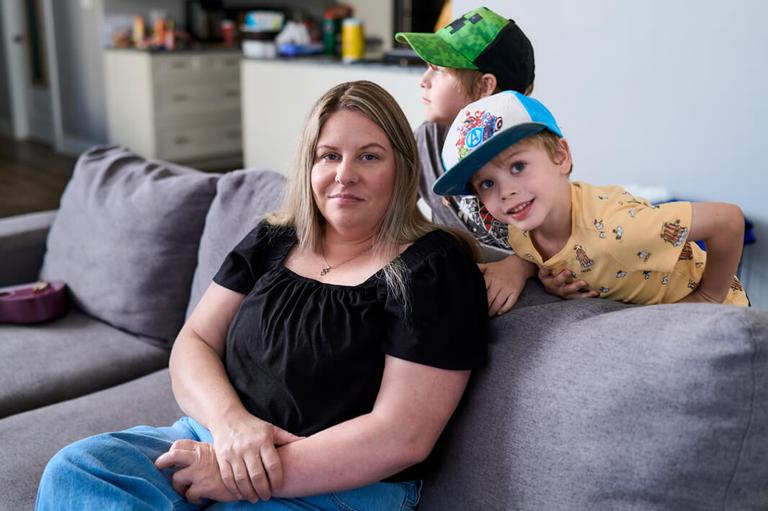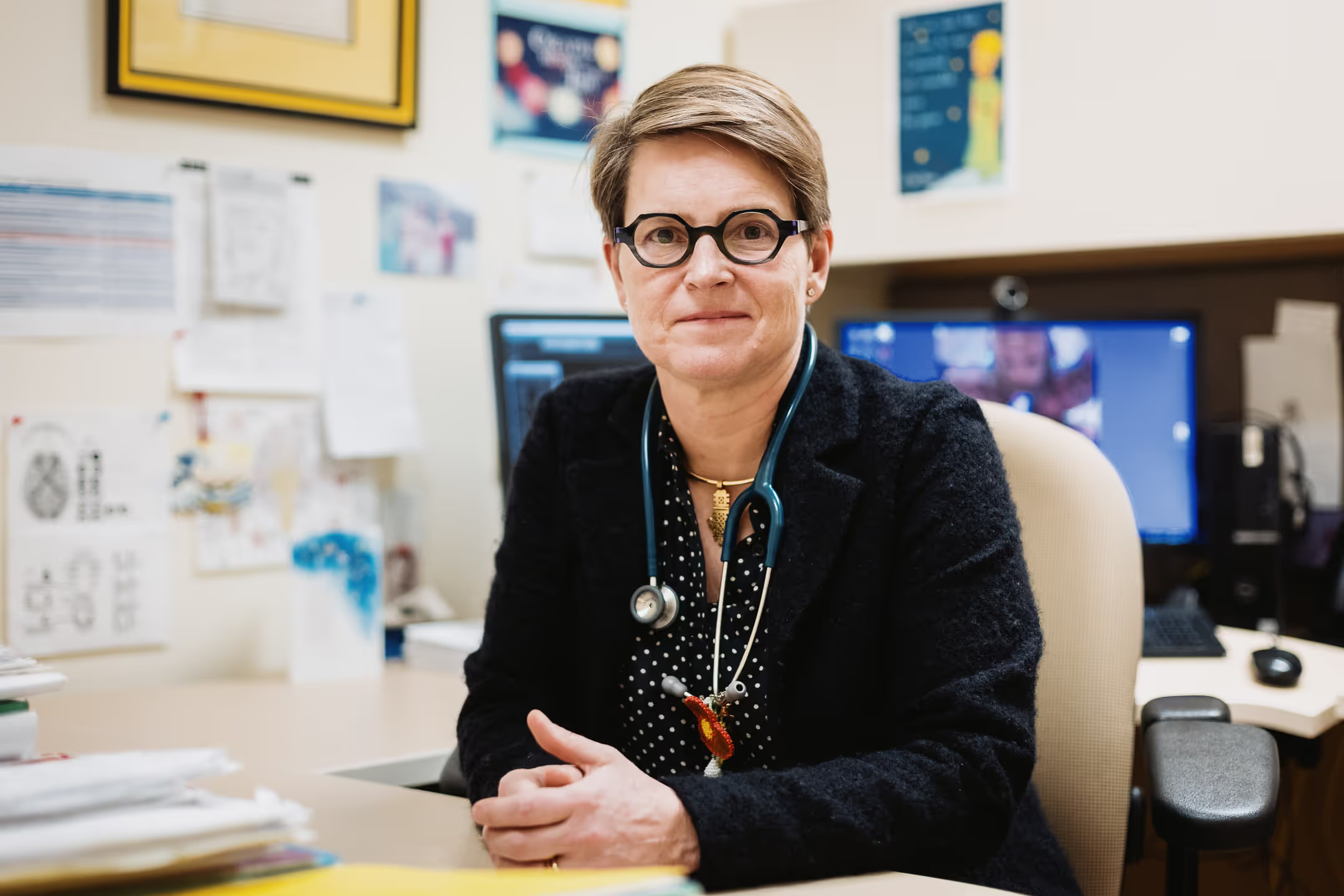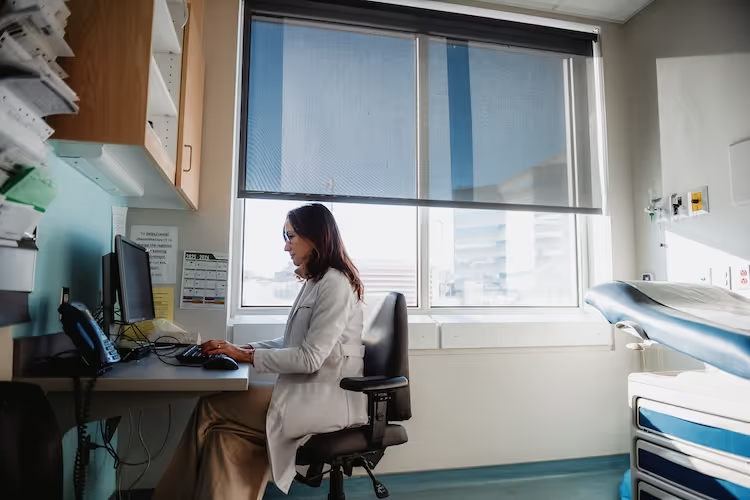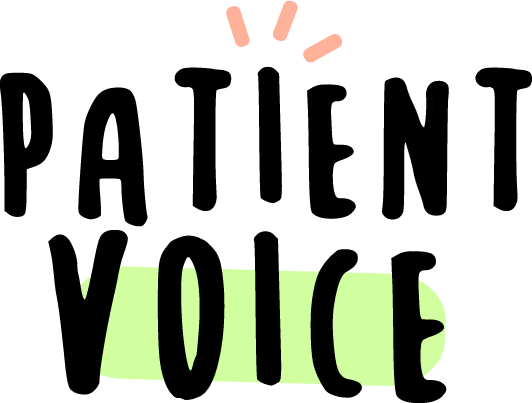“In 2023, I had just moved to Vancouver to start my internal medicine residency when my own health suddenly took centre stage.
I’d been for some routine blood work and then I got a call from the pathologist while I was at work. Pathologists never call, so alarm bells were going off in my head. At first, she was pretty vague with me. There was something wrong with my blood work and I needed to see a doctor. I told her, look, I am a doctor, so feel free to tell me what the tests actually showed. I’ll understand.
I remember hanging up and turning to the doctor next to me. “Is there something that blasts on a peripheral blood smear can mean, other than cancer?”
‘No,’ she said. ‘That means cancer.’
I hung up the phone and walked myself right downstairs to the emergency room. I was diagnosed in less than 24 hours. Acute myeloid leukemia. I began chemo five days later.
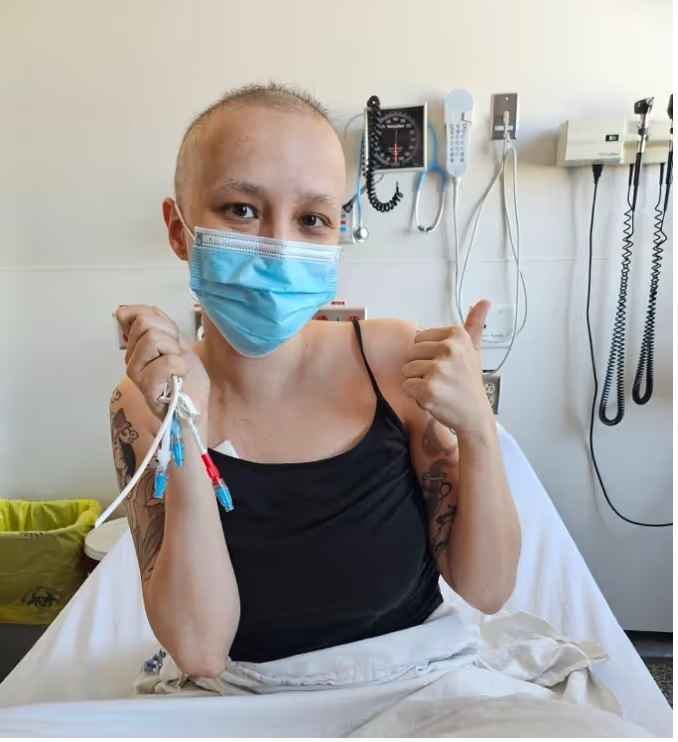
As a doctor, I knew what chemo entailed. I knew what the drugs did. I knew the side effects. But I didn’t know what it felt like. No one truly knows what it’s like to be a patient until they are one. I didn’t know how heavy the emotional toll would be, how hard it would be to stay optimistic. People would say things like “positivity is the number one treatment,” and my immediate reaction would be, well, guess I’m gonna die then.
It was my fiancé who took on the role of positive thinker. He was my most important support through this whole ordeal, as I was going through four rounds of chemo and spending weeks in hospital. He took care of literally everything, so that there was nothing I had to worry about except getting better. In sickness and in health, he’s proven that 100%. One thing I especially appreciate is the way he let me stress out and wallow and feel awful when I needed to. And then, when I was done, he would just say: “You are going to beat this. There is no question about it. You are not going to die.”
And he was right. I’ll never be all the way out of the woods, but I’m in remission now, and I’m back to work, dead-set on using my experience as a patient to become the best doctor I can be.
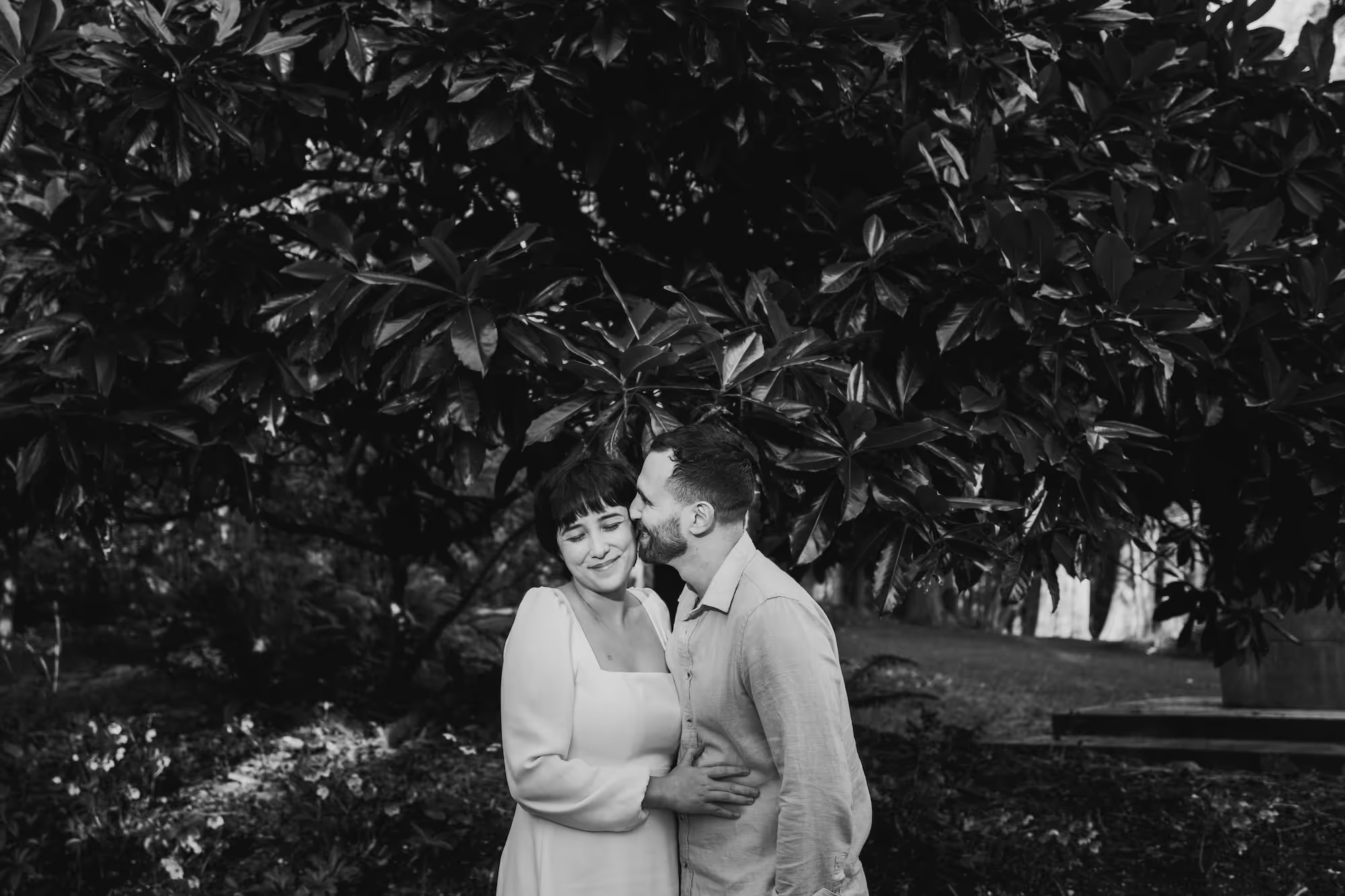
I’d heard people say that doctors make the worst patients. Still, when I was diagnosed with acute myeloid leukemia in the middle of my internal medicine residency, I figured my medical knowledge would at least help me clearly communicate my symptoms. It would help me be taken seriously.
Then came the day, just after starting chemotherapy, when I was in the worst pain of my life. 10 out of 10 pain. I was a mess. I couldn’t move. I could barely talk. The only treatment option was hydromorphone. But I also knew that hydromorphone makes me, personally, extraordinarily nauseous.
I told the doctor I didn’t want to take opioids. And he said that, first of all, I didn’t have any real reason to be in pain and second, he didn’t believe the side effects I had were as bad as I made them out to be. I asked to talk to the anesthesiology pain team, and he said my pain seemed “emotional”, and asked if I wanted to see a psychiatrist instead. In that moment, I was every female patient who has ever been disbelieved by their physician.
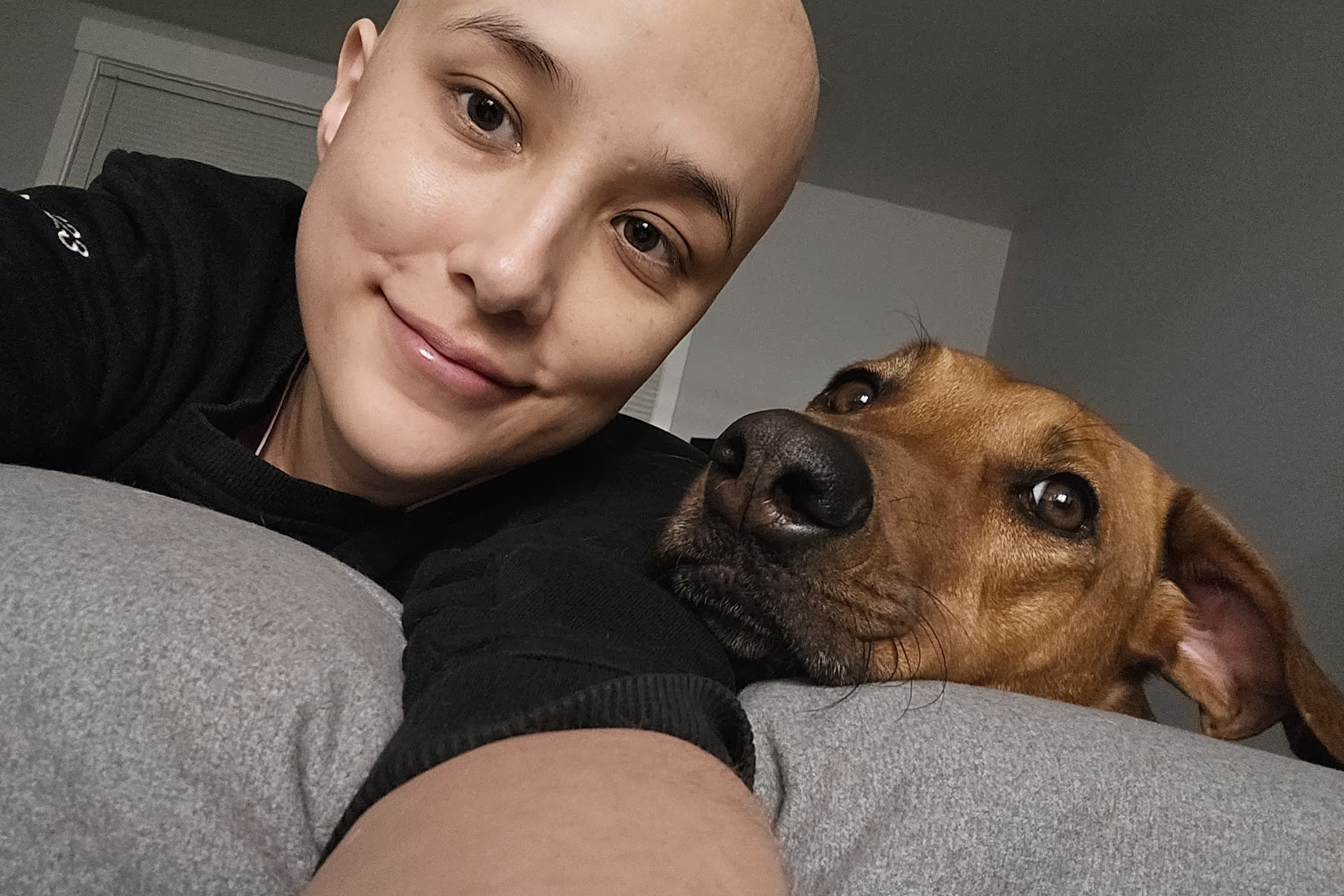
Soon, I was yelling at him in frustration, and he started yelling right back. I asked him to leave, and he wouldn’t leave until my fiancé stepped in. A few minutes later, in private, he said to my fiancé: “Well, you know what they say. Doctors make the worst patients.”
Doctors make the worst patients. It’s a self-fulfilling prophecy. The patient-physician relationship is built on trust, and he’d broken that trust with preconceptions before he’d even met me. Because I was a doctor. And probably also because I was a woman. I know the same thing happens to indigenous patients. It happens to homeless patients. It happens to anyone medical professionals see through a lens of expectation. I just never thought it would happen to me.
Every other doctor I had was amazing. I truly appreciated the ones who took the time to build a rapport with me, to get to know me, to validate me and show empathy. But that one bad experience really opened my eyes. It’s something I will never forget in all the years ahead of me, especially when I’m treating patients from any vulnerable or marginalized group.”
